The Red Pears
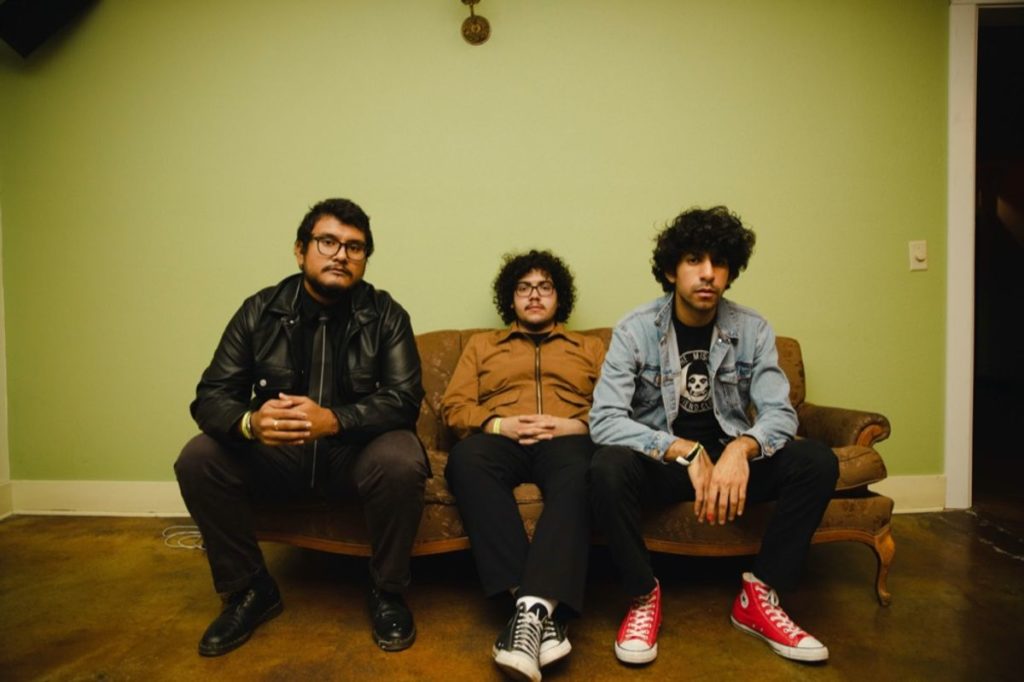
The Red Pears’ founding members, Henry Vargas (vocals and guitar) and Jose Corona (drums), draw their sound from the spectrum between the early 2000s New York indie rock scene and grunge to the cumbia and corridos that soundtracked their childhoods in El Monte, a sleepy suburban town just east of Los Angeles. After cycling through an assortment of lineups, mutual friend and bassist Patrick Juarez stayed on and expanded their operation. Now a solid three-piece band, these emerging alt-rockers, have come a long way from meeting at a local Battle of the Bands, practicing in their garages, and naming themselves after their favorite color and a pun on the word “pair”— a subtle nod to sonic inspirations The White Stripes and The Black Keys.The Red Pears first got on the map with self-releases For Today, For Tomorrow, For What Is, For What Could’ve Been and We Bring Anything to the Table… Except Tables We Can’t Bring Tables to the Table, touring behind them and learning the ins-and-outs of being on the road. In 2019, the band delivered their sonically and emotionally diverse heartfelt EP Alicia, named after Corona and Vargas’ mothers, that showcased a polished alt-rock sound without sacrificing the band’s roiling, fuzzed-out garage spirit. The Red Pears North Star continues to be their undying honesty and commitment to the craft. “It all boils down to effort and humility,” says Vargas. “We just want to do our best and make the music we want to make. Now we have more help and resources, but it’s about continuing to push and keeping that humility.”In 2021, Henry, Jose and Patrick introduced and solidified a new era for the band with their latest album You Thought We Left Because The Door Was Open, But We Were Waiting Outside. The album marks a matured reinvention of their nostalgic indie attitude as their early sounds, sonic inspirations and revives the rebellious spirit of garage rock take on a fully realized form in the name of friendship, growth and timeless rock ‘n’ roll. Channeling the tenacious fervor and reception of the album, the band has utilized the momentum to relocate their moxie to stages nationwide, selling out venues as they go alongside Beach Fossils, Wild Nothing, as well as on their own headlining routes. The Red Pears will continue to tour in 2022, anticipating a return to their biggest headlining run yet.Links: Website | Instagram | Twitter | Facebook | Spotify
Turnover
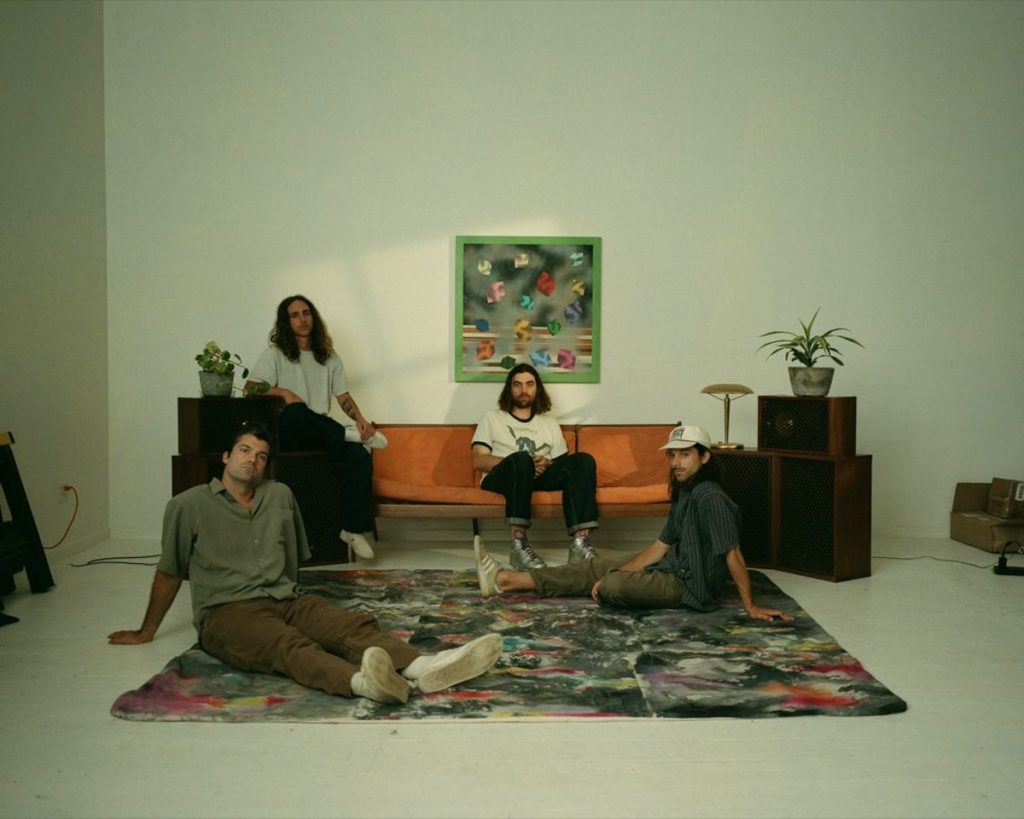
There is a closeness at the heart of Turnover’s aptly titled new album, ‘Altogether.’ Though it’s the first collection the trio has written while living on opposite coasts, the record actually represents the group’s most collaborative and connected work to date, showcasing the intuitive, near-telepathic relationship frontman Austin Getz has developed over the years with his bandmates. “Instead of making things more difficult, being far apart helped us learn to appreciate each other even more,” says Getz. “As a band, we’re closer now than we’ve ever been before.” Recorded at Philadelphia’s Studio 4 with longtime creative foil Will Yip at the helm, ‘Altogether’ finds the group breaking new ground on a number of fronts. Pop sensibilities inform the writing for the first time, with elements of funk, jazz, lounge, and disco mingling alongside the band’s trademark indie grit and punk energy. Lush melodies and infectious hooks reflect the newfound freedom and confidence that have inspired Getz since his cross-country move to northern California, while adventurous recording techniques and instrumentation lend a fresh perspective without sacrificing the kind of precise detail and rich intricacies that have come to define the band’s recent studio output. The result is an album that boasts both sonic sophistication and emotional accessibility in equal measure, a major leap forward in sound and vision that reveals time apart as the true key to togetherness. The title is fitting in another way as well, according to Getz. “On this record, more than in the past, we wanted to keep in mind the beauty of writing ‘popular music,’” he explains. “By that I mean music for people who don’t have the time to delve into the niches and find fringe artists, music for those of us who are busy with work or our families or whatever problems might be around. Music is real magic that can change people’s days and lives, and the more people listening and loving, the better.” Turnover first emerged roughly a decade ago in Virginia Beach, VA, but the group’s critical and commercial breakthrough didn’t arrive until six years later, when they cracked the Top 5 on the Billboard Heatseekers Chart with their acclaimed sophomore album, ‘Peripheral Vision.’ The band—which consists of Getz, his brother Casey on drums, and their childhood friend Danny Dempsey on bass—followed it up in 2017 with ‘Good Nature,’ a streaming smash that racked up roughly 40 million plays on Spotify alone and which Vice proclaimed to be “their best album yet.” Reviews were similarly glowing around the world (Pitchfork praised the record’s “rhythmic propulsion and harmonized guitar sparkles,” while Exclaim! hailed its “shimmering instrumentation and luscious harmonies,” and The Line of Best Fit swooned for its “plush production” and “subtle maturity”), and the album earned the band headline dates everywhere from Brooklyn Steel to The Fonda Theatre along with their first appearance at Coachella. “With ‘Peripheral Vision,’ I was starting to experiment with psychedelics, and I was feeling alienated from a lot of the things I’d been raised to believe and accept,” Getz reflects. “That album asked a lot of questions, and I felt like ‘Good Nature’ was my attempt to find the answers to those questions. This time around, though, I found myself in a very different place, both literally and metaphorically.”Links: Website | Twitter | Facebook
Rapper Big Pooh
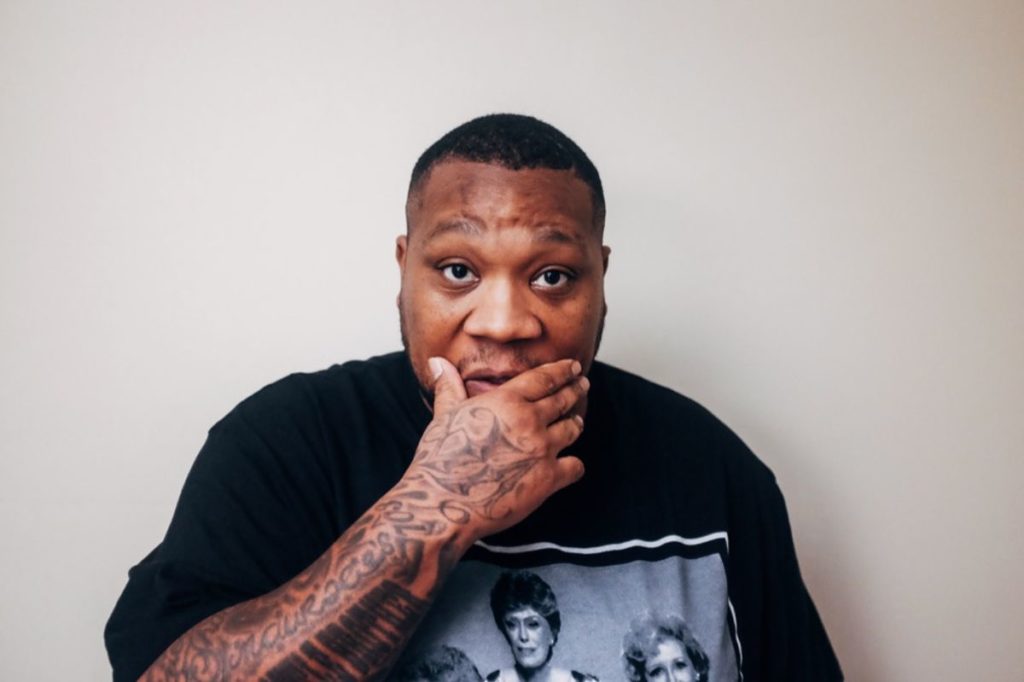
Rapper Big Pooh, born Thomas Jones, is a member of the group Little Brother. Rapper Pooh released his debut solo album, “Sleepers,” in 2005. Rapper Pooh has toured with De La Soul, MURS, and Apollo Brown. In 2022 he will be releasing his first solo project since 2018 and 12th overall.Links: Website | Bandcamp | Instagram | Twitter
Eugene Chadbourne Contemporary Rock Band featuring David Licht and David Menestres
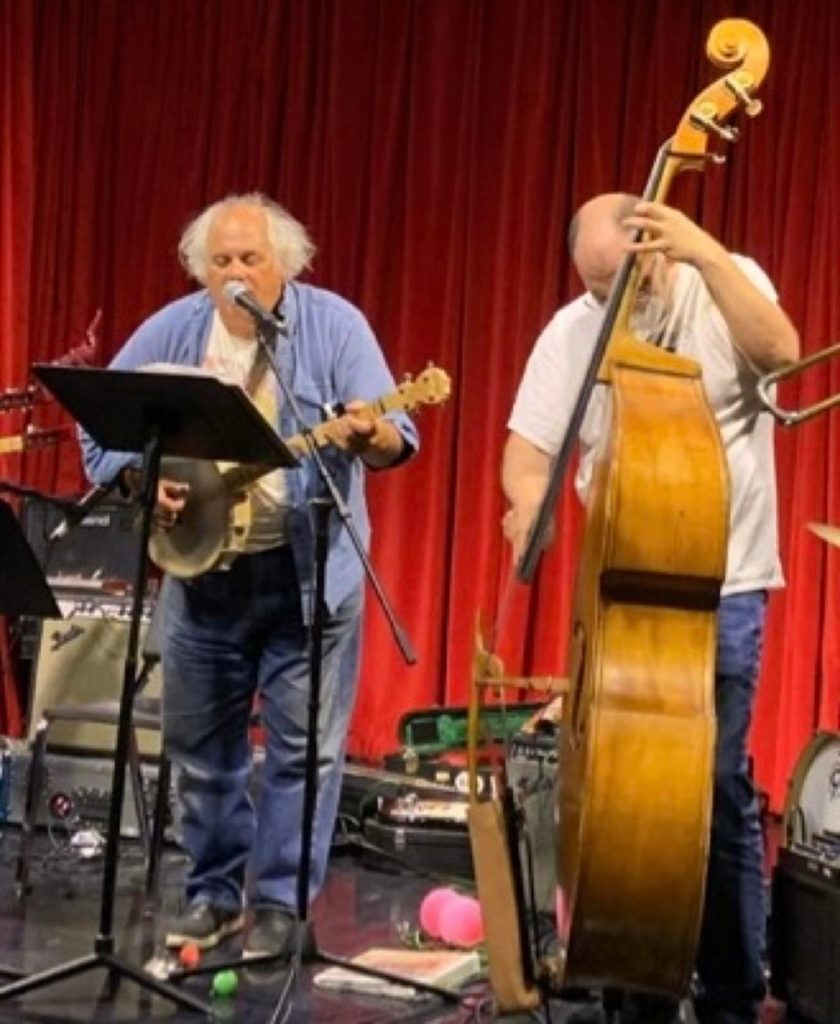
Links: Website | Instagram | Facebook
Meechy Darko
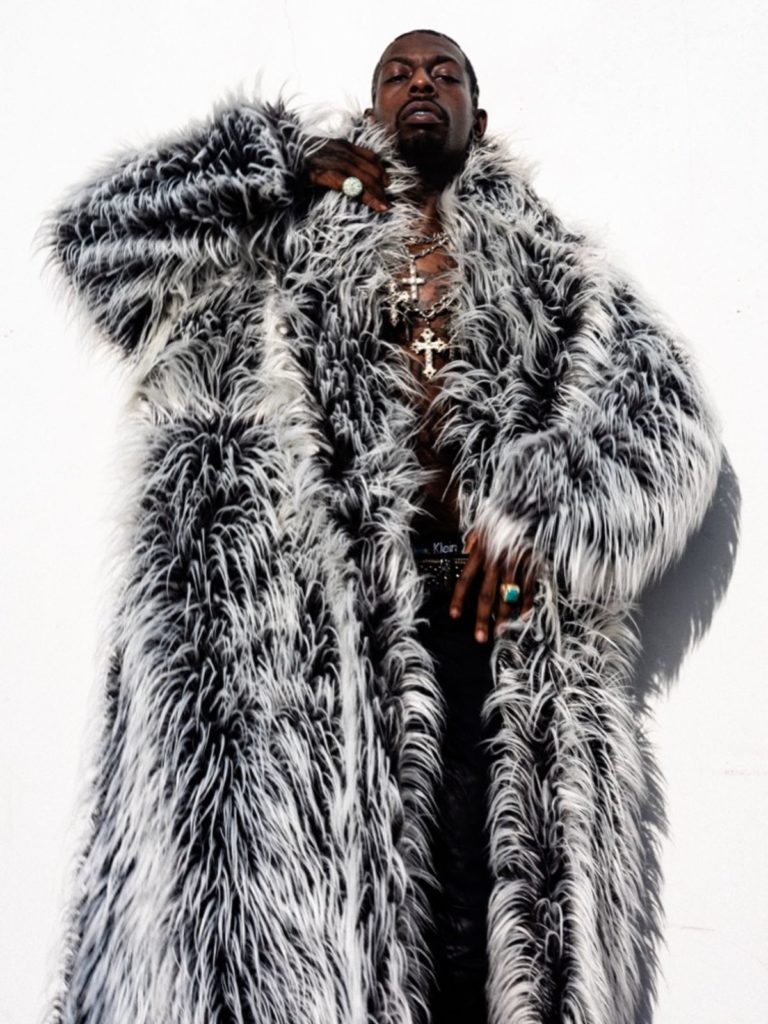
The bio you are reading right now, like all bios, is by its very nature inaccurate. Okay, “inaccurate” may be too strong a word. Let’s go with “imprecise.” In a perfect world, this bio would express the thoughts, feelings and motivations of its subject as close as you can get with the written word. But what if the subject is perpetually changing? Not on a yearly or monthly basis, but weekly? Daily? Hourly? By the minute?For an artist like Meechy Darko, who has achieved both critical acclaim and commercial success as one-third of Brooklyn hip-hop group Flatbush Zombies, getting more personal was a fait accompli decided for him by external forces.”I had no choice but to make this the most personal thing I’ve ever done because fortunately or unfortunately, I’m in an extremely soul-stirring part of my life right now,” he says. “Who I was yesterday may not be who I am tomorrow. I’m not who I was last week. There’s no telling who I’ll be next year or the year after, so it’s very important to capture this while I can still feel.”He’s talking about Gothic Luxury, the rapper’s debut album after numerous LPs, EPs and mixtapes with his group. Meechy Darko is well aware that the “crazy shit, crazy-colored hair and psychedelics” of his group “are imprinted in the brains of many fans.” But on Gothic Luxury, drawn-out piano intros and laid-back funk meld with dark mini-symphonies that complement the album’s intensely candid themes; as a result, the album comes off as far more a solo album than an offshoot of the group.“Gothic Luxury is a terminology and a mood I created in my head so I knew where to stay when I’m writing,” the rapper says, noting that it’s a quasi-continuation to the group’s acclaimed 2018 album Vacation in Hell. “Even with success, you can have the biggest king-sized bed, but you still can be lonely as hell at night. Even with all this great stuff going on around you, I don’t ever forget the darkness. I can’t escape it. It’s about finding comfort in the darkness, accepting it and becoming part of it, but in the boss way possible.”While the genesis of some songs go back to 2018, the album was started in earnest in early 2020. For the record, the Zombies are still very much together. However, Meechy eschews the production of Zombies producer Erick the Architect to avoid falling back into “a comfort zone I’ve been in for years.” Inspired by Rick Ross — “His voice has so much bravado and bass over angelic, symphonic beats” — it’s an album informed by many things, not the least of which is the killing of the rapper’s father in 2020.Grief is an amorphous, mutable emotion, with the rapper admitting to still processing the death. “I didn’t want to exploit it,” he says. “I really want to understand how I feel before I tell people how I feel. Once you tell your story, people are not always gonna know the backstory or give you the benefit of the doubt. It’s very conflicting.”The autobiographical “On God” invokes his father’s funeral; the man who molded the rapper’s personality and psyche. “He may be dead in the flesh, but what it really did is resurrect me,” Meechy says. “His spirit is in me now.” Elsewhere, “Every Time,” written before his father’s death, recalls the rapper talking to his dad in stark detail.Links: Website | Instagram | Twitter | Facebook | YouTube
Shane Smith and the Saints
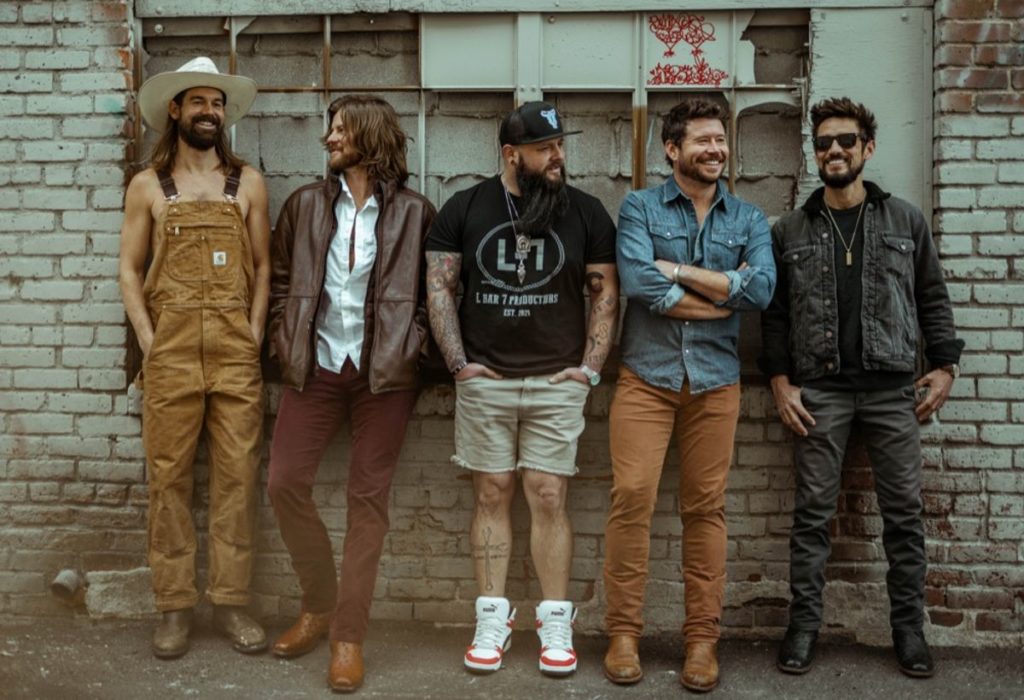
A native of Terrell, Texas, Shane Smith made music a full-time pursuit after moving to Austin. A passionate musician and songwriter, Shane soon connected with Bennett Brown, along with other musicians many of whom now make up The Saints. That group includes Bennett on fiddle, Dustin Schaefer on lead guitar, Chase Satterwhite on bass, and Zach Stover on drums.With a reputation as a high-energy live act with stunning four-part harmonies, Smith follows in the footsteps of such Lone Star songsmiths as Chris Stapleton, Ray Wylie Hubbard, Hayes Carll, and Ryan Bingham. Their first album, Coast, was released in 2013, and two years later came Geronimo, followed by Hail Mary in 2019. “I don’t like just throwing stuff out there. If I’m going to be singing about something every night, I try to make it personal, make it something I can really relate to,” says Smith, the band’s lyricist and primary songwriter. “I like to sing with conviction, an honest conviction.”It’s with this passion, timing and intention that Shane offers up his newest studio recording, “Hummingbird.” You may have heard about Shane Smith & The Saints from a friend who saw their amazing live show, or from a playlist on your favorite streaming service. Perhaps you heard the cast of Yellowstone shout them out in Season Four or maybe you’re just hearing of them now. Whatever the case may be, we hope you enjoy this latest single!Keep checking back, there’s lots more music on the horizon. Shane Smith & The Saints are currently on tour all summer with Whiskey Myers.Links: Website | Instagram | Twitter | Facebook | Spotify | YouTube
Nightblooms, Charity Lane, Rodes Baby
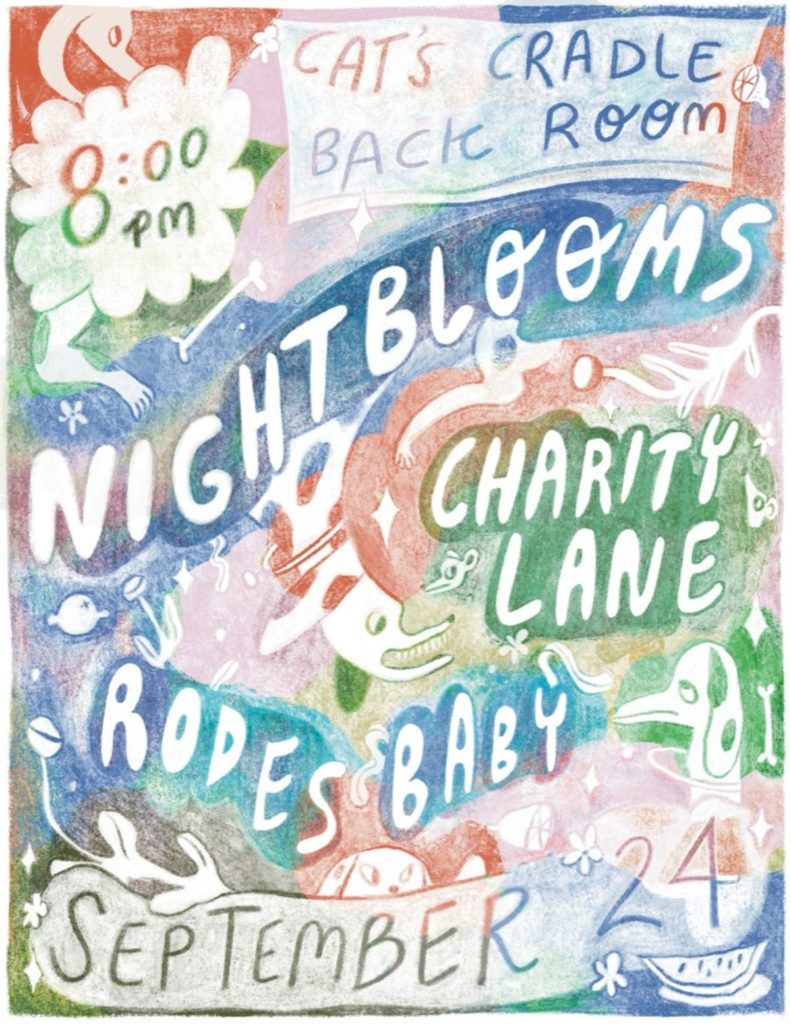
NIGHTBLOOMS (Greensboro, NC) One of the hardest parts about having a band is describing what you sound like. It’s often easier just to reference other bands people might actually know (Elliott Smith, Weyes Blood, George Harrison, Grizzly Bear, Wilco…) than to come up with overused adjectives and round-about metaphors. I guess I could tell you that Nightblooms sounds a little like my old band Lilac Shadows but filtered through acoustic guitars, pianos, and a lot less volume. That might help, but you also might be like, “I don’t know what Lilac Shadows is.” I could say we use lots of synthesizers or that lyrically our songs are anxious as hell but pretty fun musically. But like Saul Bellow (maybe?) once said, “I’m the bird — you’re the ornithologist.” So whatever comes to mind will probably be more evocative than I can write here anyway. No matter what it sounds like to you, I just hope you enjoy it.Website | Bandcamp | Instagram | Soundcloud RODES BABY (Durham, NC) Rodes Baby (MK Rodenbough) has been anxiously awaiting this day for a long time. They grew up writing songs on a cheap Yamaha keyboard in their family’s basement in North Carolina, and testing them out at local coffee shops before they were old enough to drive. After several years of playing shows around the vibrant and collaborative music scene of the NC Triangle, they ran a successful Kickstarter campaign in 2019 that allowed them to record their first album. Then the pandemic hit.Suddenly needing to settle into a job that kept them on the frontline, music took a back seat. Now, nearly a year and a half later, they’re looking forward instead of sitting still. Restless and ready, they will release their debut record, All Of My Friends, on November 19th, 2021.All Of My Friends chronicles the fits and starts of early adulthood in all its bare-skinned intensity. Produced by Alex Bingham (Hiss Golden Messenger, The Dead Tongues), the album balances folk influence with 90s-esque indie rock. Rodenbough’s voice, however, transfigures the familiar into something newly poignant. All Of My Friends strikes a chord deep in the heart, creating reverberations that resonate long after the first listen. Their vision is tear-blurred, but absolute, and as colorful as the tenacious kind of imagination that makes it out of childhood alive.Website | Facebook | Instagram | Twitter | Spotify | YouTube
Phillip Phillips
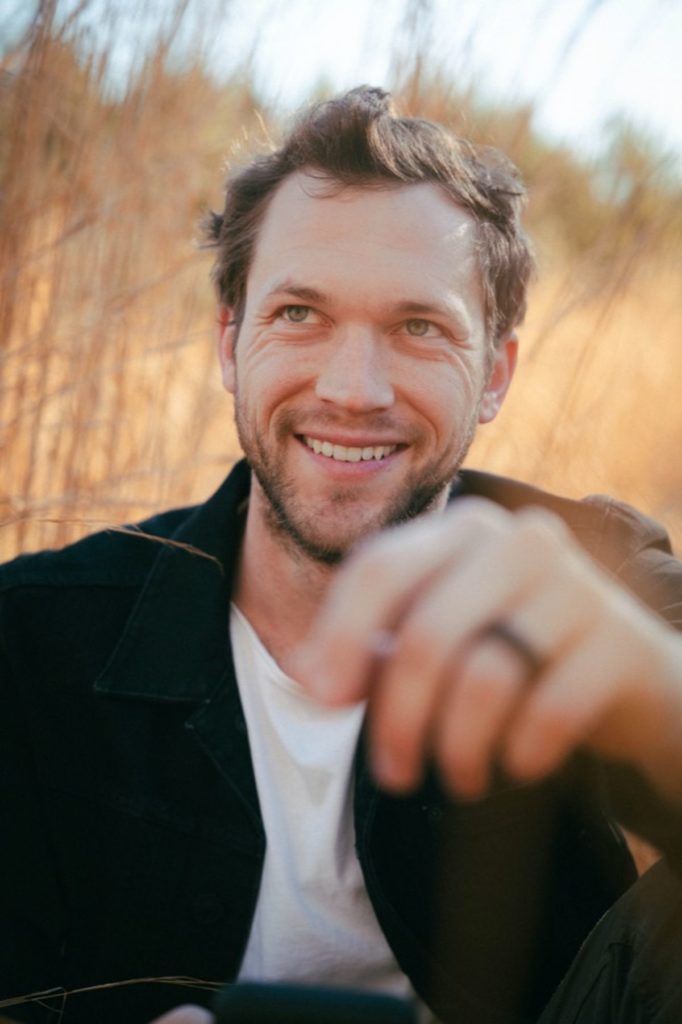
It’s been 10 years since releasing his five-times-platinum debut single “Home” in spring 2012 on his debut album, The World From The Other Side of the Moon. Phillip Phillips has released two chart-topping albums and taken his expansive brand of earthy, guitar-fueled rock to stages across the globe. With his soulful vocals and ruggedly warm sensibilities, the Georgia-bred 26-year-old saw his freshman full-length effort, go platinum after debuting at #4 on the Billboard Top 200. In 2014 his second album, Behind the Light, offered up the lead anthemic folk-rock radio hit “Raging Fire.” Phillips released “Miles” in the summer of 2017 as he toured North America with the Goo Goo Dolls, as a precursor to his recent and highly anticipated third full-length, Collateral. Collateral was released January 19, 2018 and also includes the recent single, “Into The Wild” and fan favorite, “Magnetic.” The Where We Came From Tour is a look back on the 10 years of Phillip Phillips debut record as well as a look forward into new music and a new chapter leading to a special night of music for all.Links: Website | Instagram | Twitter | Facebook | Spotify | YouTube
Billy Prine & the Prine Time Band Present: Songs of John Prine
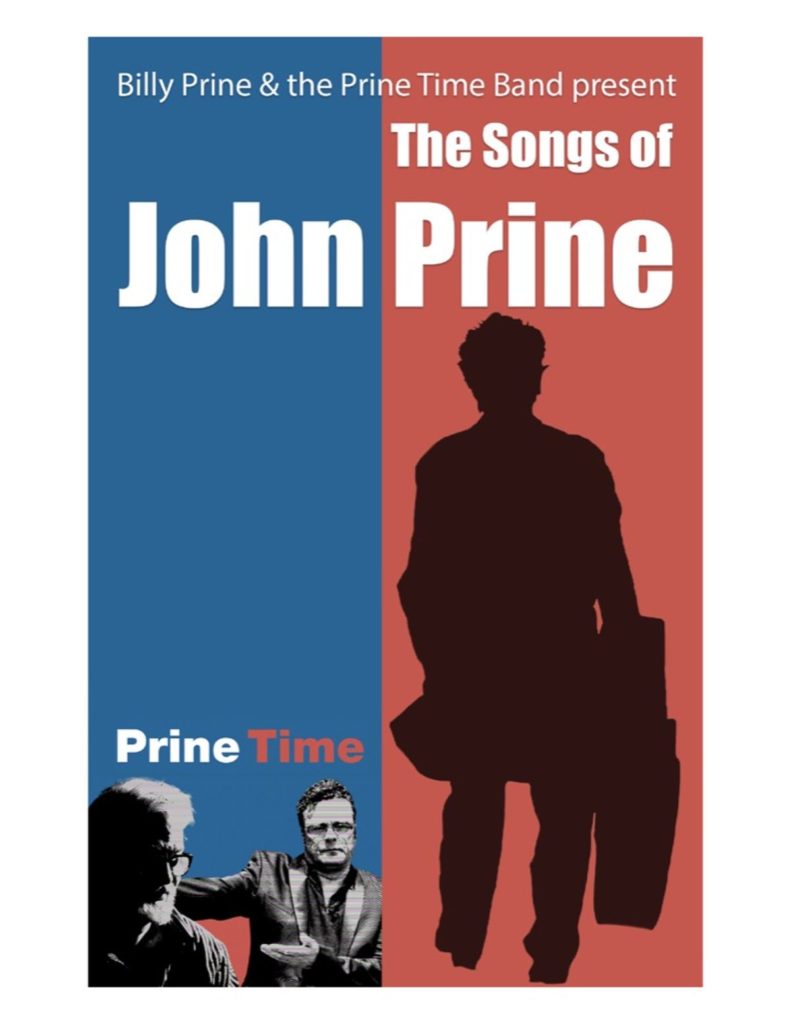
This is a seated show.Billy Prine is a natural-born storyteller just like his late, great brother John Prine was a natural-born songwriter. John was a great communicator of the human experience whittled down to the best words. His big, little brother, owner of a rich, booming voice yet full of subtleness, is one of the finest orators you’ll ever hear – also choosing just the right turn of phrase. During these concerts celebrating John’s life in song, Billy will tell stories about or surrounding some of John’s most beloved songs before leading his band through his version of John’s timeless masterpieces. As an example, fans will get to hear the first time John played his classic song “Paradise” for their father as the family sat around the kitchen table. Songs are stories, novellas, if you will, and stories often become songs. It is only fitting that in the course of each show during this tour, that Billy relates – as only he can – the stories that surround the songs of his dear brother John.Links: Website | Instagram | Facebook
The Brevet
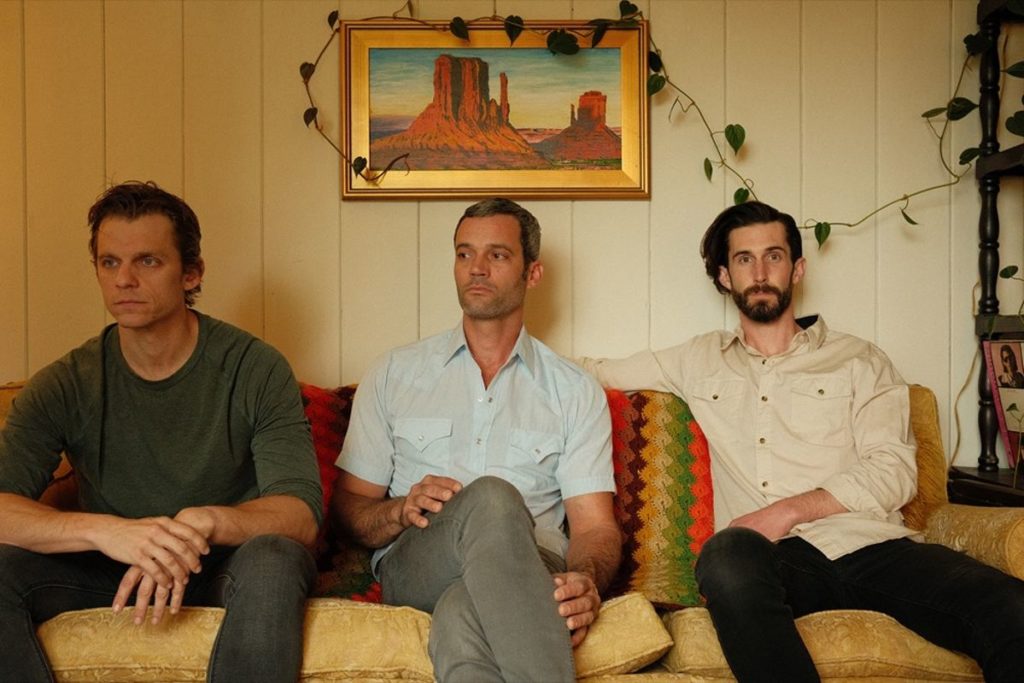
Nestled in between Los Angeles and San Diego lies Orange County, CA: a culturally, economically, and environmentally diverse community with an identity all of its own. The Brevet, hailing from the heart of Orange County, continues to create an ever-evolving sound that pushes stylistic boundaries. Just as Orange County is home to snow capped mountains, pristine beaches, and bustling city centers, The Brevet’s alternative rock sound draws authentically from folk, surf, and R&B influence, but doesn’t shy away from thundering rhythms, blistering guitars and progressive synths.Links: Website | Instagram | Twitter | Facebook | Spotify | YouTube

